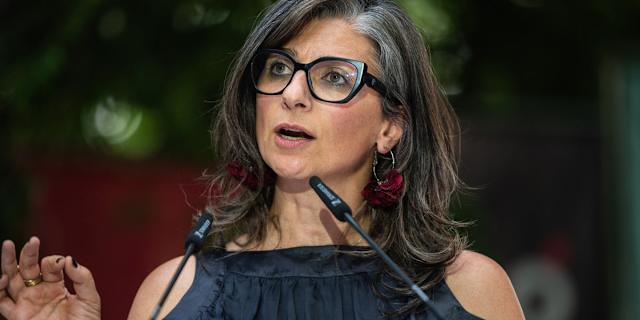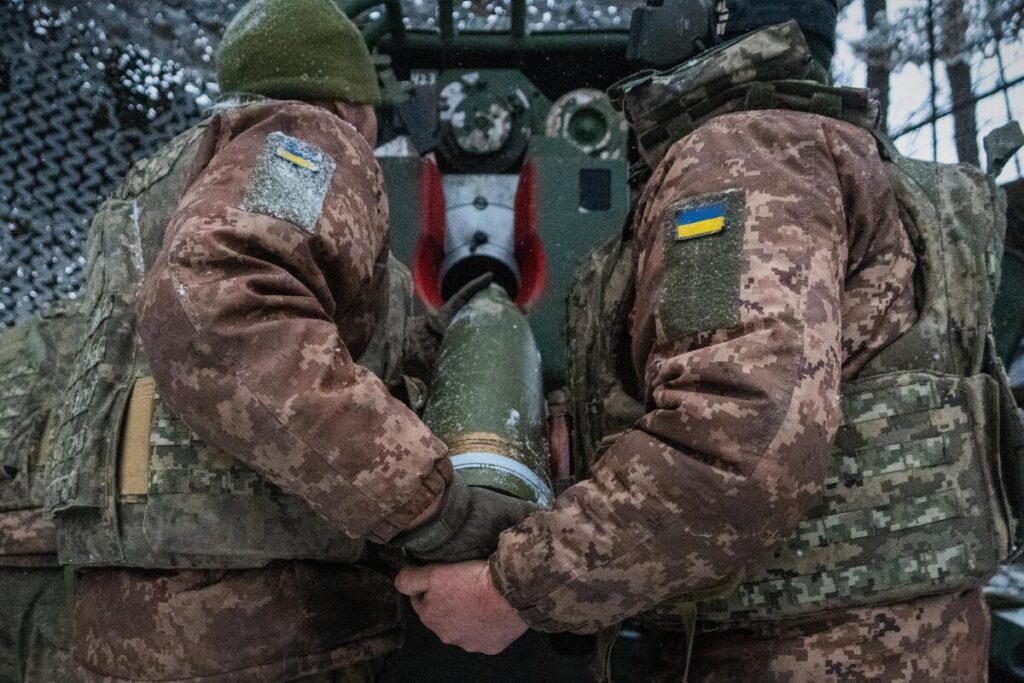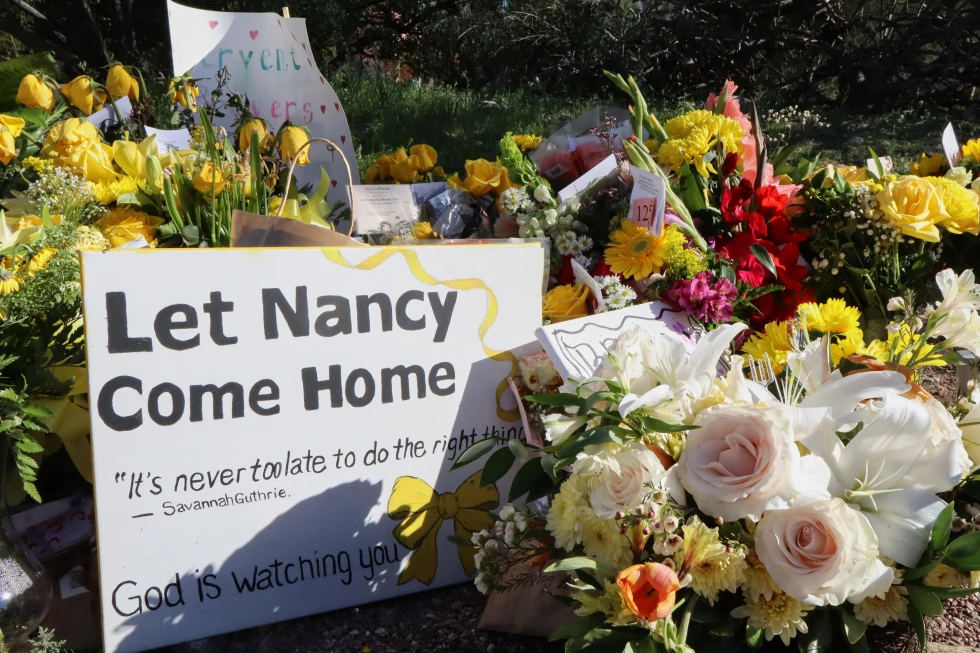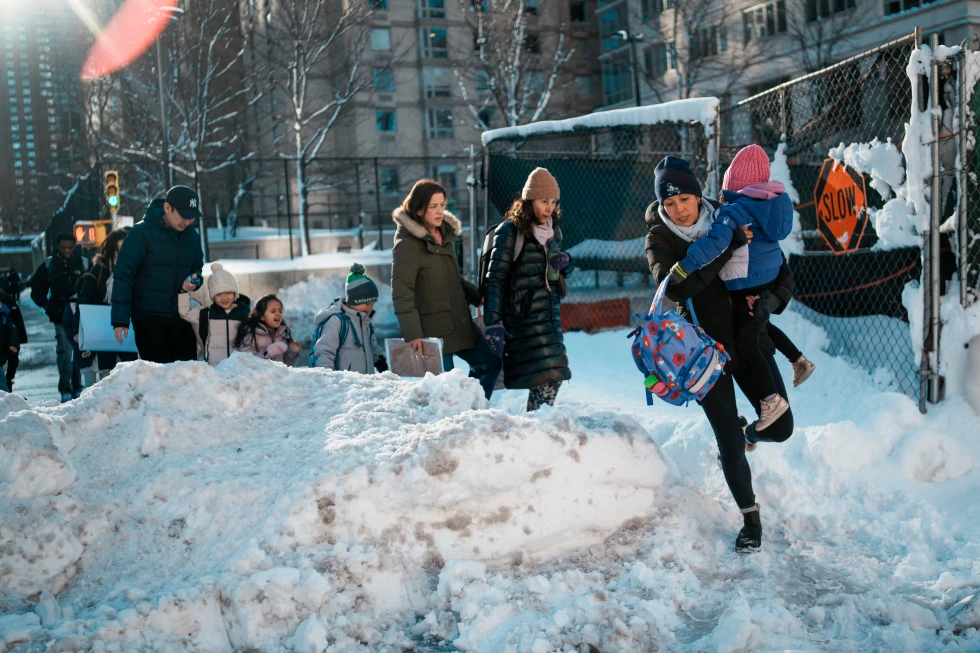Trump Sanctions U.N. Official Critical of Israel Amid Gaza War

WASHINGTON — The Trump administration on Wednesday imposed U.S. sanctions on Francesca Albanese, the United Nations Special Rapporteur for the Occupied Palestinian Territories, a rare punitive step against a senior U.N. official.
The announcement by Secretary of State Marco Rubio came shortly after HuffPost first reported the move was imminent. Rubio accused Albanese of waging a “campaign of political and economic warfare against the United States and Israel,” vowing the U.S. would “no longer tolerate” such criticism.
“We will always stand by our partners in their right to self-defense,” Rubio wrote on X.
What the Sanctions Mean
The sanctions — enabled by a Trump executive order targeting the International Criminal Court (ICC) and its affiliates — are expected to bar Albanese from entering the U.S., freeze any assets she holds in the country, and discourage U.S. entities from engaging with her.
Albanese responded defiantly:
“I stand firmly and convincingly on the side of justice, as I have always done.”
The sanctions mirror previous actions, including the February 2025 sanctions on ICC chief prosecutor Karim Khan, who subsequently lost access to personal bank accounts and Microsoft services.
Tensions Amid Netanyahu Visit
The move coincides with Israeli Prime Minister Benjamin Netanyahu’s visit to Washington. Netanyahu, along with former Israeli defense minister Yoav Gallant, faces ICC arrest warrants for alleged war crimes in Gaza — as do leaders of Hamas.
Albanese has publicly called for sanctions against Israel over its military operations in Gaza, where local authorities report over 57,000 Palestinian deaths and severe shortages of food, water, and medicine.
Legal and Diplomatic Fallout
Critics say the sanctions on Albanese represent a dangerous escalation.
“If the U.S. disagrees with her legal positions, they can issue counterarguments — not sanctions,” said Brian Finucane, a former State Department lawyer now at the International Crisis Group.
“This is rogue state behavior,” wrote Dylan Williams of the Center for International Policy, adding that such actions “align the U.S. with dictators and war criminals.”
Pressure From Allies?
Some analysts suggest the decision may have been driven by pro-Israel officials within the administration, such as U.S. ambassador to Israel Mike Huckabee, who has argued Palestinians should relocate to other Muslim-majority nations.
Rubio, meanwhile, has spearheaded controversial efforts to deport U.S. students protesting the Gaza war, further fueling criticism of political repression.
Humanitarian Crisis Deepens
The humanitarian situation in Gaza remains dire, with 888 Israeli soldiers and tens of thousands of Palestinians reported dead since the conflict began. U.S. officials continue to assert support for Israel’s “right to defend itself” while simultaneously claiming to uphold human rights.
For author: Staff Writer
Courtesy of: Forbes
Source: Huffpost
: 269







